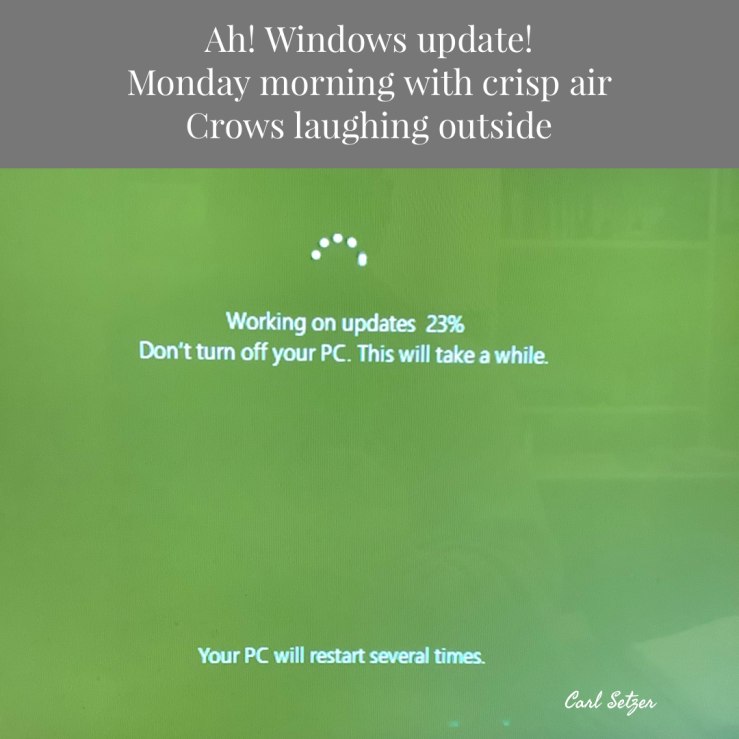I was just thinking about the programming languages and environments I’ve studied over the past year.
- The first one was Visual Basic. I have a basic understanding. Not sure how much additional effort I should invest in expanding these skills.
- Though there’s some argument about whether HTML and CSS are programming languages. I’ll accept that they aren’t languages, but I’ve studied them, and they’re critical to web development. I expect I’m at an intermediate level with these.
- The last of the web development trinity is Javascript, which is a true programming language and a lot of fun. I don’t know anywhere near what I want to, and so will be continuing in that.
- With javascript, this quarter I’m studying frameworks, and I’ve been focused on jQuery. I really like how much cleaner it is than straight javascript. I’m just over a month in and enjoying this. Looking forward to continuing to build my skills.
- Also, this quarter, I’m studying PHP. This has been a lot of fun. This language makes so much more sense to me, at an intuitive level than javascript. As I’m only 4 weeks in, I’m looking forward to growing that knowledge.
- At other points in my life, I’ve explored Java and C/C++. This knowledge is quite old and was very basic even in my hey-day. I’ve also explored Fortran and Cobol, but that really just entailed reading some books. If I have the opportunity, I want to explore these deeper.
- I’ll be diving into tools like SQL and MySQL in the next few quarters. I also want to add Python to that list.
This is just my programming journey. I’ve also explored tools like Access, Excel, Photoshop, Illustrator, InDesign, Visio. All of this, for me, is fun. I must be a nerd.





